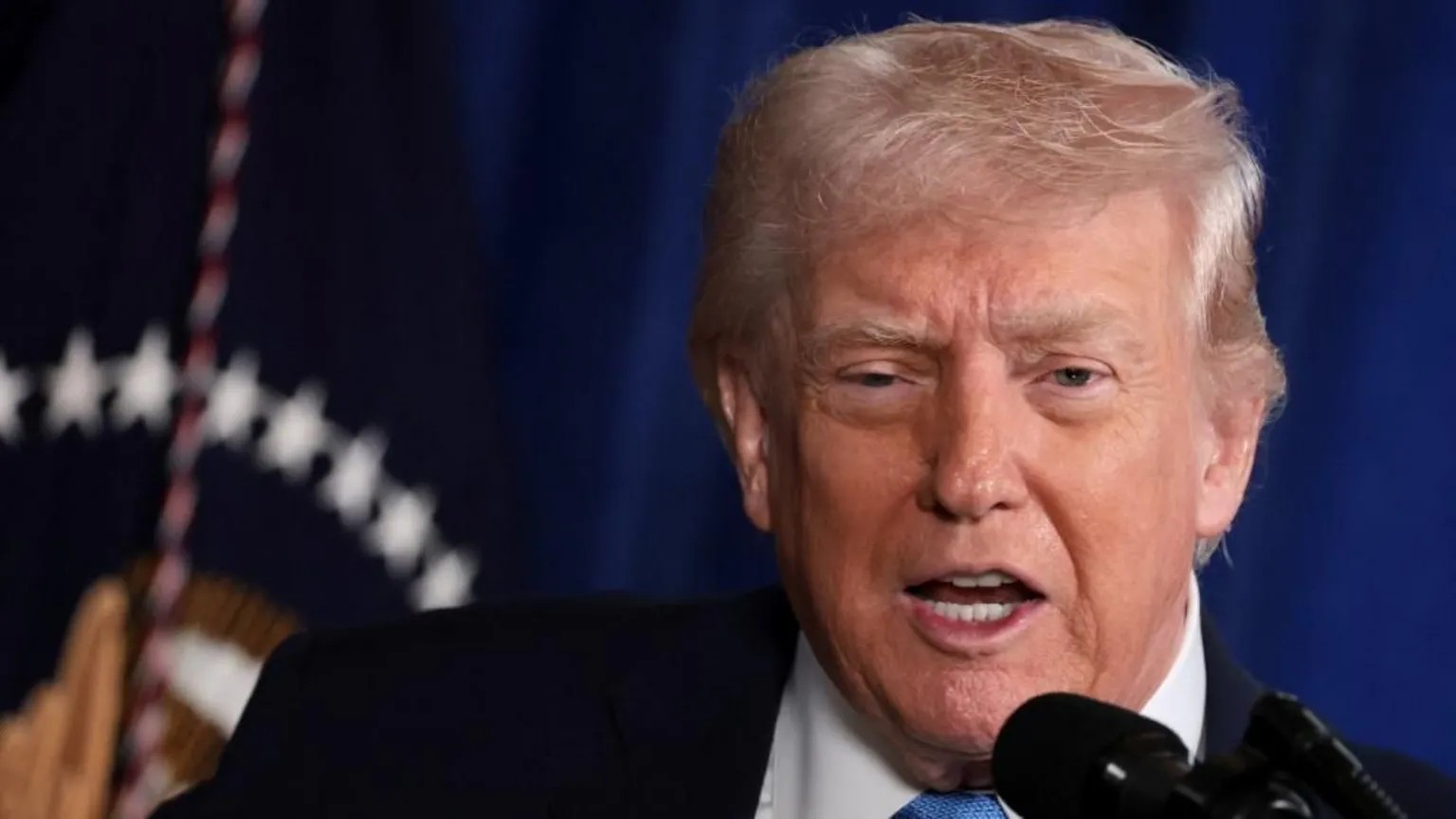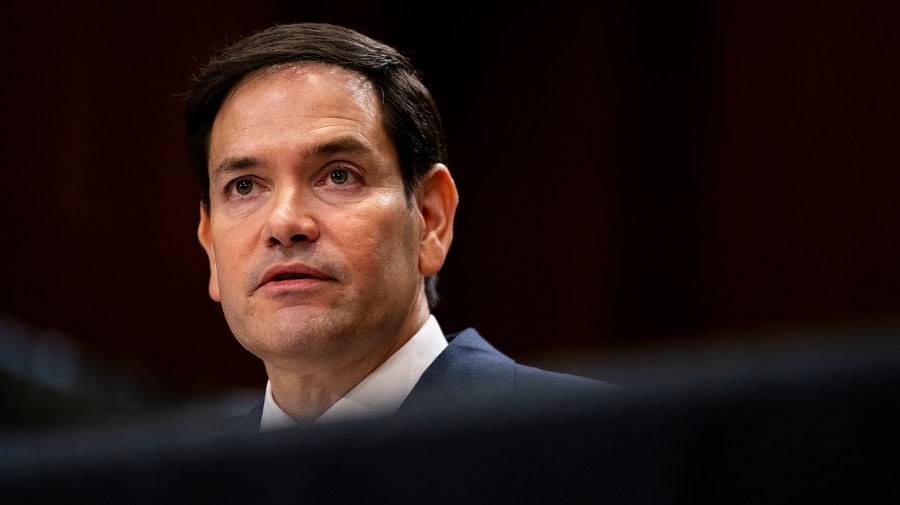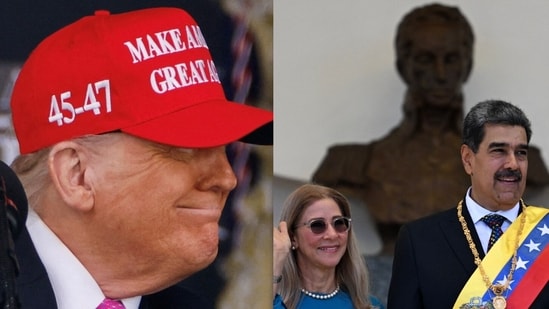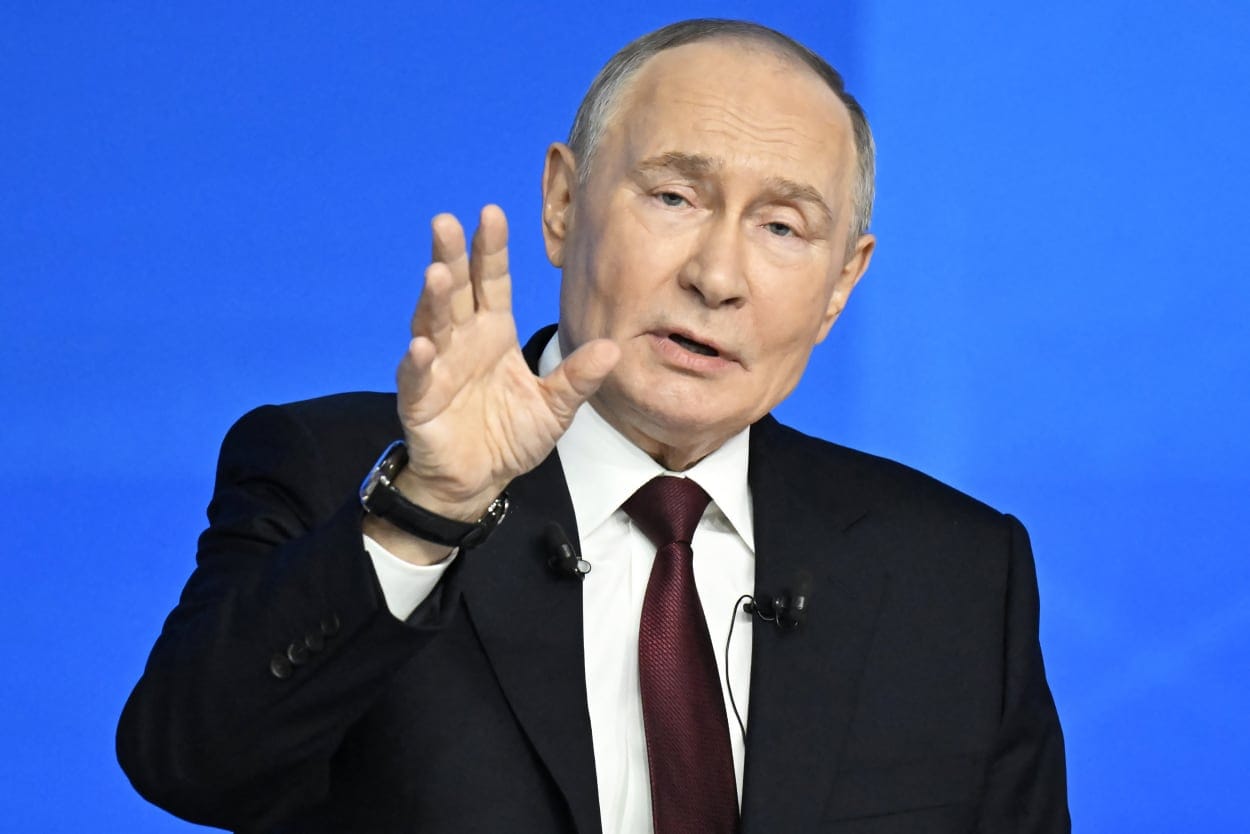Ghana Enforces Strict New Gold Trade Regulations: Foreigners Must Exit Market by April 30
- by Kwame, Ghana, RNG247
- about 8 months ago
- 184 views

In a bold move to enhance its gold trading landscape, Ghana has mandated that all foreign entities exit its gold market by the end of this month. This directive, issued by the country's newly established regulatory body, GoldBod, aims to invigorate the local economy by streamlining gold purchases from small-scale miners, increasing government revenues, and curbing smuggling activities.
As Africa's leading producer of gold, Ghana is pivoting from a previous system that allowed both local and foreign companies with export licenses to buy and export gold derived from artisanal or small-scale mining operations. The creation of GoldBod signifies a significant shift in policy, centralizing control and creating a more structured environment for the gold trade.
According to the recent announcement, GoldBod will now serve as the sole entity authorized to buy, sell, assay, and export artisanal gold. As a result, all existing licenses previously held by foreign companies will become invalid. Foreign traders must vacate the local gold market by the deadline of April 30. However, they may still apply to purchase gold directly from GoldBod, should they wish to continue their involvement in Ghana's lucrative gold sector.
Finance Minister Cassiel Ato Forson articulated the government's vision earlier this year, asserting that the establishment of GoldBod is a strategic move to ensure that Ghana derives greater benefits from its gold sales while simultaneously stabilizing the national currency. "Our goal is to create a more beneficial environment for our local miners and enhance national revenue,” he stated.
The urgency for these changes is underscored by the impressive figures from 2024, where Ghana's gold exports soared by 53.2%, reaching an astounding $11.64 billion. Nearly $5 billion of that figure was credited to sales by legal small-scale miners, underscoring the importance of supporting local operations.
The gold market has also been influenced by broader global trends, including recent spikes in gold prices, which have recently surged past the $3,200-per-ounce threshold for the first time. Economic tensions arising from the ongoing trade war between the United States and China have exacerbated market volatility, leading investors to flock to gold, a traditional safe haven during times of geopolitical and financial uncertainty.
Ghana's new regulations aim to bolster local miners and reposition the country as a formidable player in the global gold trading arena. As the deadline approaches, the impact of these changes will be closely watched by traders and economists alike, marking a pivotal moment in the nation’s economic trajectory.
















0 Comment(s)